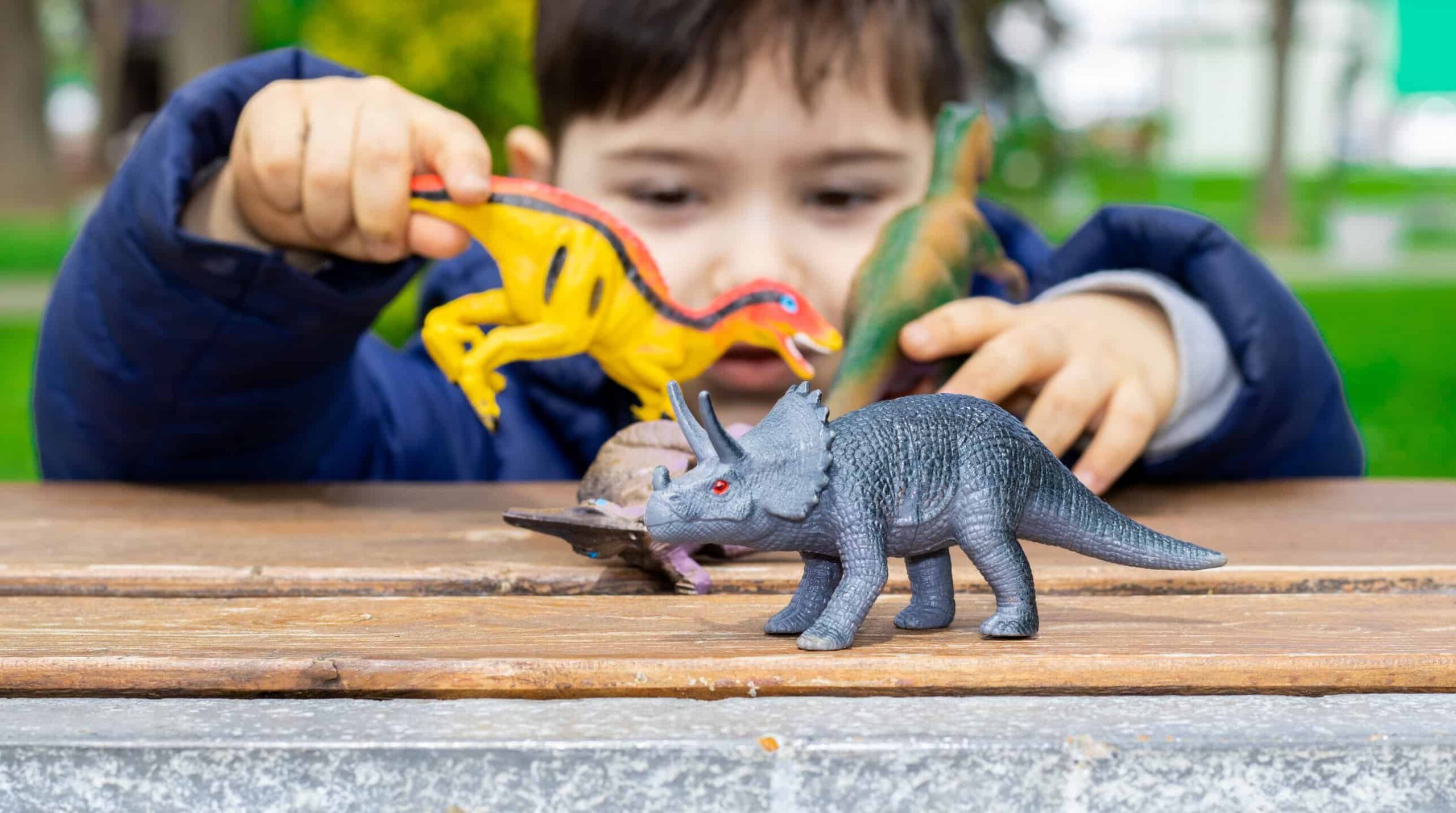Language Rich Homes
Creating a Language Rich Home
From the moment we are born, we are ready to start soaking up speech and language from our caregiver and to lay down the blueprint for our later developing communication skills. We can significantly and directly influence our children’s’ development by engaging in activities that encourage back and forth exchanges. From early days this will involve facial expressions, gestures and tone of voice. Soon after, we will start to have fun with back and forth vocal play, smiles and single words. Spending time face to face with our babies and responding to their every noise, facial expression and action as a moment of communication will set your child up for success when it comes to later speech, language and communication skills.
Child-Lead Interactions
Let your child lead the way. Focus upon what your child is doing or interested in. Join in alongside and simple commentate or engage in ‘self talk’ to describe what is happening. Keep your language simple and repetitive. Reduce your use of questions and simply talk about what is happening and what your child is noticing or doing. Where possible, let your child direct the activities or interactions in these early stages of communication development. Acknowledge and interpret your child’s interests rather than insist upon your child following your ideas in play. Imitate what your child is doing during play.
Strive for 5
Take turns talking. Conversations deepen over multiple turns. Take your child’s lead and wait for you turn to do or say something to keep the conversation going. Prompt your child to continue by making comments such as “wow” “how amazing” “I like this” “oh no…” “what else?” “and then what happened?” ” I wonder….”
Aim to get 5 conversational turns as this is the point at which conversations tend to move from shallow small talk to deeper conversations.
Expansions
Expansion involves repeating your child’s statement and adding on words to expand their phrases into longer, more detailed sentences. You can add descriptive words (colour, size, shape), grammatical markers (e.g. -ing, is, ‘s possessive) or even more sophisticated vocabulary. By adding new information, you can extend your child’s thinking and learning.
Limit other Distractions
Prioritise 1:1 time with your child each day and make it really count by putting your phone on the charger in another room, maybe move outside, turn off the television and provide your child with your full attention. There is no toy or App that can replace a responsive, caring adult or carer who engages in play and reciprocal conversations with a child. Watch your child’s speech, language and communication skills flourish as a result.
More more tips for talking….download our FREE resource https://learn2communicate.com.au/product/10-tips-for-talking-poster-series/









